Homeschooling your first grader can be an exciting journey for parents and children alike. As a parent, you get to create a unique and personalized learning environment tailored to the needs of your child. With homeschooling, you have complete control over when, where, and how your child learns, allowing you to better meet their individual needs. Homeschooling also gives you the opportunity to spend more quality time with your child while they explore and learn. Let's take a look at how you can get started on this educational adventure!

What should a 1st grader be learning?
At the first-grade level, children should be expected to master the basics of reading, writing, and math. They should be able to read simple books with help from an adult and express themselves through writing. Math skills should include basic addition, subtraction, counting, shapes, and measurement. In addition, first graders should have a basic understanding of social studies concepts such as government and geography, as well as science topics such as animals and plants. They should also have practice in problem-solving and critical thinking. Finally, fostering creativity through art or music is important for development at this age.
Related: Tips for Homeschooling the Distracted Child
What should a first grader know by end of the year?
By the end of first grade, a child should be able to read chapter books with ease and understand the main points of what they are reading. They should have a solid grasp of basic math concepts and be able to solve addition and subtraction problems quickly. They should also know the alphabet and be able to spell simple words. In terms of writing, they should be able to write complete sentences using proper grammar, spelling, and punctuation. Additionally, they should have a strong understanding of social studies topics such as history, government, and geography. Finally, they should have an appreciation for art and music as creative outlets.
What does a homeschool day look like?
A homeschool day can look different for every family, depending on their individual goals and resources. It may include a combination of activities such as independent reading or writing, working through textbooks or curriculums, using educational apps or websites, participating in field trips, engaging in hands-on projects or experiments, and interacting with peers through clubs or classes. Homeschooling families also tend to involve their children in extra-curricular activities such as sports or music lessons. A typical homeschool day will allow for lots of flexibility and creativity to best engage the student and help them reach their learning goals.
How many sight words should a 1st grader know?
By the end of first grade, a child should be able to recognize and read at least 50 sight words. These words are commonly used words in the English language that are essential for a child to be able to read with fluency. Recognizing these words quickly makes reading much easier without having to sound out each word. Examples of sight words include the, she, is, have, said, my, and will. Most teachers and curriculum providers suggest children practice sight words regularly to master them fully.
Related: Huge List of Homeschooling Freebies & Free Homeschool Curriculum
Evan-Moor
Evan-Moor is here to help your learning journey. With a wide variety of resources, even some free resources like printable activities you can easily integrate their helpful materials into any lesson plan for a fun and engaging way to teach multiple subject areas. From science experiments and math worksheets to research projects and writing activities, there are plenty of options tailored to different grade levels. Take advantage of these opportunities from Evan-Moor and watch as your students gain a greater understanding of the lessons being taught – with an added dose of fun!
Alpha Omega Publications
Alpha Omega Publications offers top-notch homeschooling programs designed to provide an extraordinary academic experience for any student. With their comprehensive curricula and friendly customer service, it's no wonder families turn to them for reliable materials for the classroom. Their commitment to excellence is best illustrated by their dedication to providing quality materials and customizing lesson plans that are tailored to each student's needs and learning style. AOP caters to homeschooling families by offering support through events, webinars, parent resources, a library of helpful articles, and more – making sure students get a well-rounded education as they grow in knowledge and understanding.
Related: How to Homeschool Multiple Ages
Homeschooling First Grade
Generally in Kindergarten, you have laid the foundation for your child’s learning. Your child is most likely reading now, able to count to and identify numbers up to and maybe over 100, and read the basic 100 sight words. Now it’s time to build on those basics, and take them to the next level. You can choose to put together lessons on your own pulling from various resources like books, and the internet. Or you may choose at this time to go with a more formal package curriculum. It is possible to do it on budget. Check out eBay or homeschool classifieds for deals on curriculum. There are also many Facebook Groups dedicated to selling used homeschool curricula.
Reading and Writing
Continue with a lot of literacy-building activities such as word games with letter tiles. Encourage reading through “Environmental Print”- which is the print on road signs, restaurants, and food boxes- anything in our environment. Practice writing sentences. Your child at this point should identify the lower case and upper case letters and the sounds they make – Now you should begin to work on blending letter sounds. Read lots of level 1 beginning books or even 2, if your child is ready.
Reading Eggs
Reading Eggs is an exciting way to get your little ones interested in reading. With interactive games and activities, this online program is engaging for both young and old. It is tailored to different age groups, making it easy to find content that will interest all levels of readers. Not only does it help build a strong foundation for literacy, but it encourages motivation to keep learning and discovering new things as well. Every activity your child completes brings rewards and achievements that can be displayed with pride – providing motivation to continue the journey into literature!
Related: Best Writing Workbooks for Homeschooling
Math
For math – Cook with your child, teach about 1 cup, ½ cup, ¼ cup, etc. Practice skip counting; by 2’s and 5’s. Teach your child how to use a number line. You can utilize free printable worksheets or some of the most popular math curriculums are Saxon Math, Math U See, Life of Fred, and Singapore Math. There are some fantastic Math websites as well: ABC.Mouse.com and IXL.
ABC Mouse
ABC Mouse Learning is the perfect online resource for kids of all ages! The interactive lessons, activities, and games make learning fun no matter what subject you’re studying. With over 8,500 lessons across 10 levels, your child can explore a variety of topics from math and language arts to science and social studies. Plus, there’s even an art section so they can express their creativity while learning! ABC Mouse Learning takes the worry out of keeping kids engaged while they’re at home and makes learning an enjoyable adventure.
You can now add on some additional subjects that you may not have delved into in Kindergarten, such as; science, and history.
Science
To introduce 1st-grade science to your child is beginning with earth science, some basic astronomy, and even some physical science. Teach your child about animal habitats, and weather, and begin basic classification of living and non-living things. Plants, animals, and the environment are the basics of early science. For astronomy, you can begin lessons on the sun, planets, moon, and stars.
Related: 7 Must Know Tips for Beginner Homeschooling Families
KiwiCo
KiwiCo is the perfect subscription box for curious minds and budding scientists! Each month, your little one will get a new crate of materials to explore a range of exciting themes, including engineering, astronomy, and art. The boxes are designed to spark creativity in young minds by providing a fun, interactive learning experience that encourages imaginative play. With over a dozen different crates KiwiCo provides hours of engaging activities that build confidence and instill a lifelong love of science and exploration.
History
History in a first graders world might start with Creation, for Christian homeschoolers, and work right through the Bible. You might do a light pioneers unit, using Laura Ingalls Wilder’s Little House books. I love unit study! So simple and fun to do, immersing yourself in a topic really helps you learn it.
Social Studies
Social Studies in first grade begins to move your child beyond themselves. Start to explore the world around your child. Little passports have an amazing monthly subscription that either focuses on the various U.S States or different countries of the world. Little Passports is one of my favorite ways to teach about other people and cultures. We currently subscribe to the countries, and when our new country packet comes each month I like to include a dinner from that country for the week.
Practical life skills can also continue on from Kindergarten, whereas before you may have been taught shoe tying, folding a towel, or basic hygiene. You can begin to add on more complicated tasks such as; managing small amounts of money, perhaps some character training such as We Chose Virtues – a great curriculum for memorizing Bible verses, and lots of activities for discussing positive character traits.
Homeschooling your first grader has many benefits, such as the ability to customize a curriculum to fit the individual needs of your child and providing an educational environment that is safe, supportive, and encouraging. It also offers flexibility in terms of hours and location, allowing you and your child to set learning goals on their own timeline. With proper guidance and resources, your homeschooling first grader can successfully learn new skills, master necessary reading and sight words, gain valuable knowledge about any topic of interest and develop more self-confidence in their abilities.
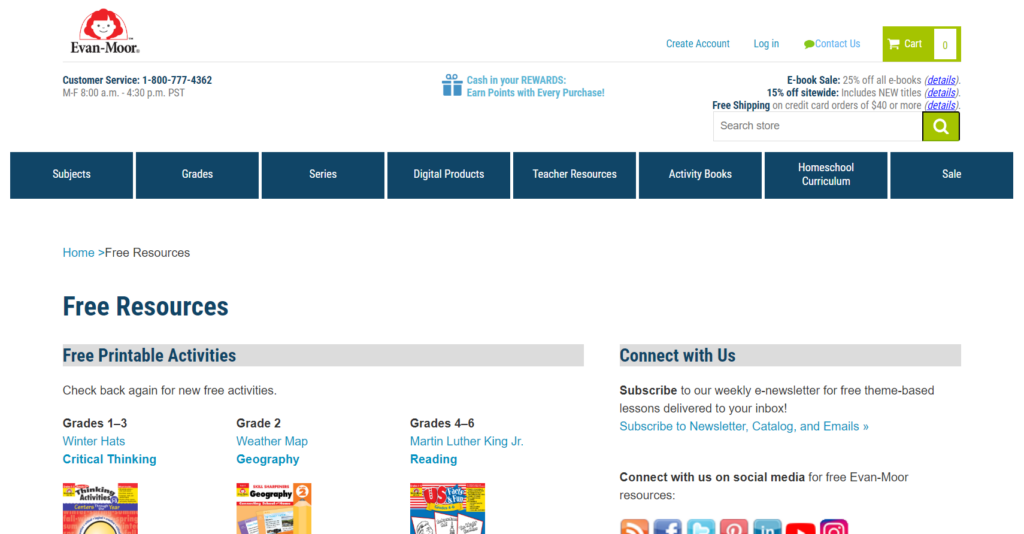
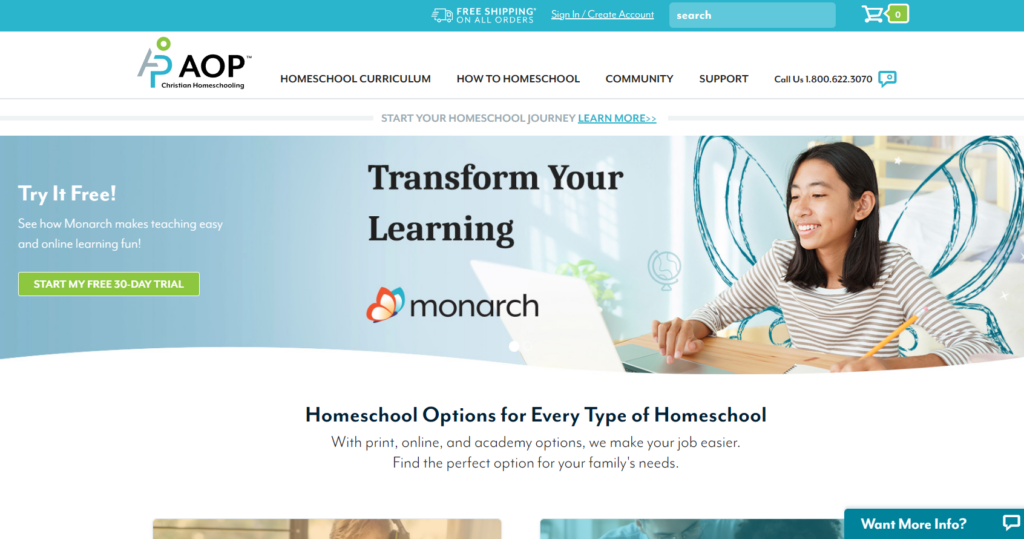

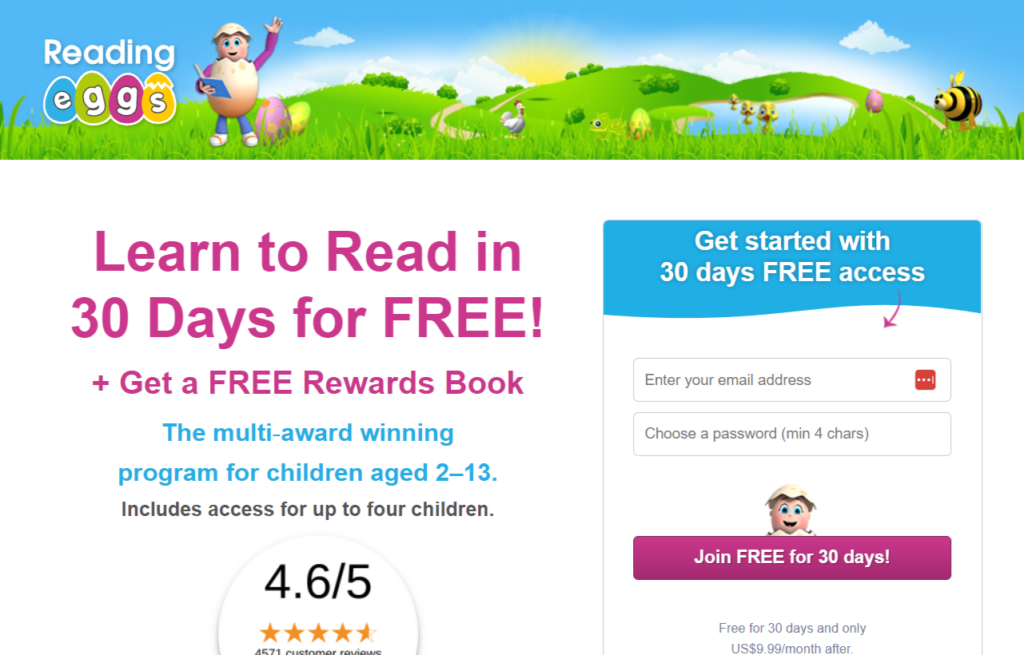
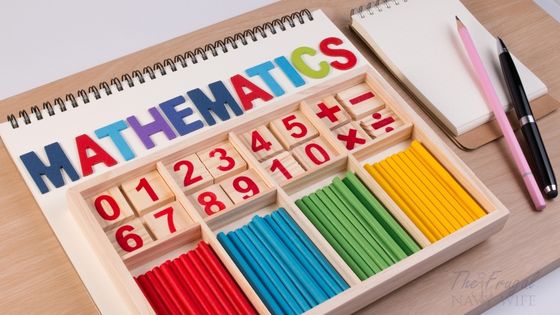
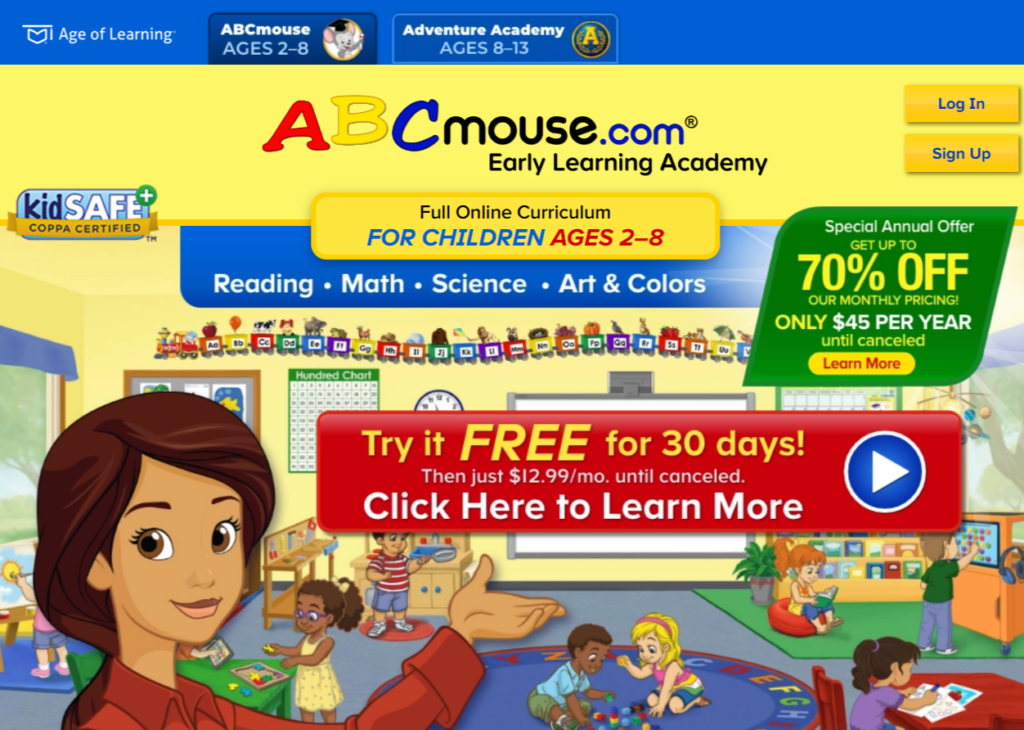

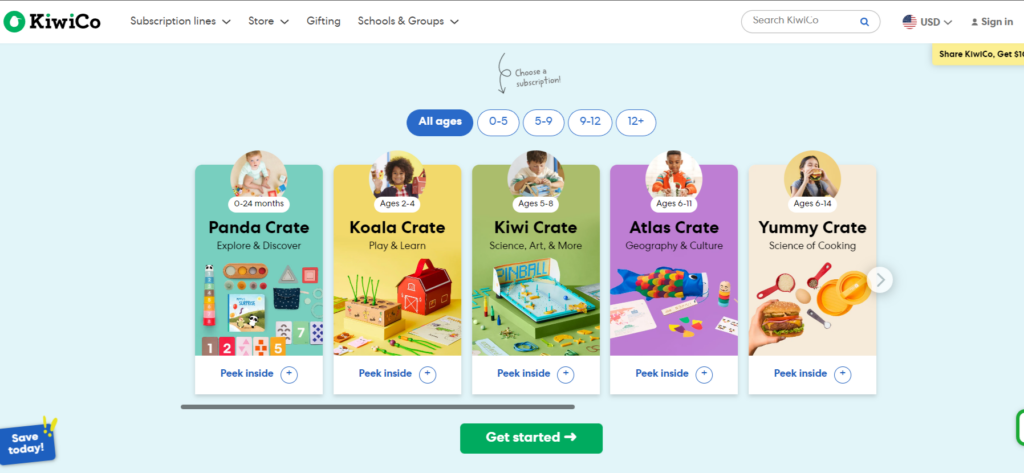

Great tips. Although my 1st grader is not homeschooled, we always do extra. Love IXL and we also use Reading Eggs, both great sources.